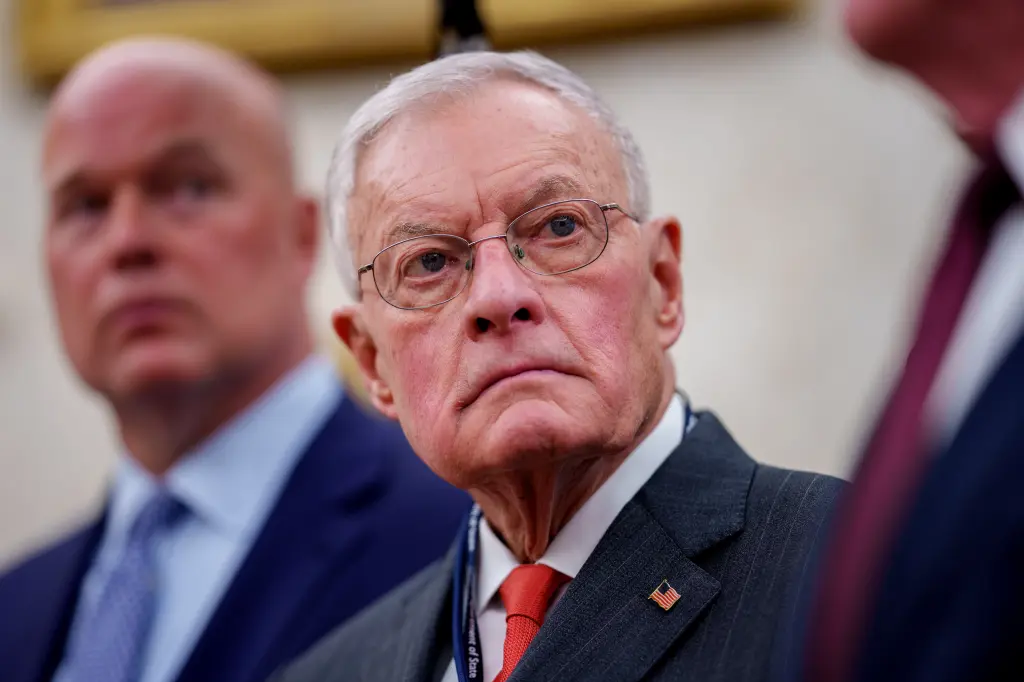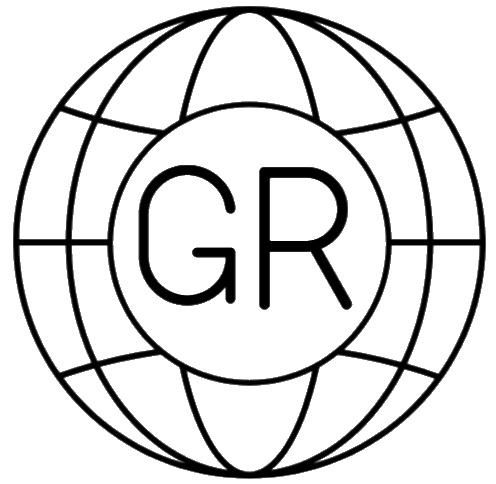
US Steps Up Ukraine Peace Efforts: Putin Meeting and Berlin-Style Control Zone Plan Revealed
As diplomatic efforts to end the war in Ukraine face increasing challenges, the United States has deepened its engagement with both Russia and Ukraine in a bid to keep negotiations alive and prevent further escalation.
In a surprise move, U.S. special envoy Steve Witkoff met with Russian President Vladimir Putin in St. Petersburg, signaling a possible shift in Washington’s approach to backchannel diplomacy. The closed-door meeting, which lasted several hours, reportedly focused on identifying potential frameworks for de-escalation and exploring areas of mutual interest that could serve as a foundation for future talks. While no concrete agreements were announced, sources close to the discussions described the tone as "guarded but constructive."
Simultaneously, the U.S. envoy to Ukraine, Lt. Gen. (Ret.) Keith Kellogg, unveiled a controversial proposal aimed at preserving Ukrainian sovereignty in the aftermath of a potential ceasefire. Speaking at a security conference in Warsaw, Kellogg suggested the creation of international control zones within contested areas of Ukraine—drawing parallels to the four-power administration of post-WWII Berlin. Under this plan, strategically sensitive regions would be administered jointly by a coalition of international observers, backed by peacekeeping forces, until stable governance and full territorial reintegration could be achieved.
The proposal has sparked mixed reactions. Ukrainian officials have expressed cautious interest but emphasized that any such arrangement must not be seen as a de facto partition or compromise of national sovereignty. In Moscow, Kremlin spokespeople dismissed the idea as "unrealistic and reminiscent of Cold War occupation strategies," but stopped short of rejecting further dialogue on transitional security arrangements.
Observers note that these parallel tracks—Witkoff’s direct engagement with Russian leadership and Kellogg’s structural proposals for post-conflict Ukraine—reflect a broader U.S. strategy to influence both ends of the negotiation spectrum, even as formal peace talks remain stalled.
The coming weeks are expected to test the viability of these diplomatic overtures, as both battlefield developments and international pressure shape the fragile landscape of potential peace.
Author: Global Ripple
Posted on: April 12, 2025
 Global Ripple
Global Ripple